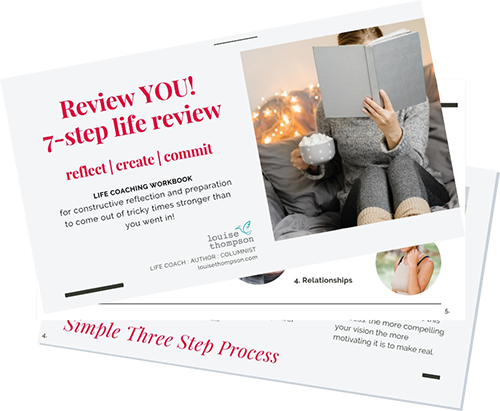
This is the Complaints Department – how can I help you?
Comfort V’s resolution. I have a complaint to make! Specifically about the amount of complaining that goes on. Go on, tell me, list it right

Comfort V’s resolution. I have a complaint to make! Specifically about the amount of complaining that goes on. Go on, tell me, list it right

Not getting what you want? Look at what you are giving. Here’s an interesting thing. We are often not getting what we want. We may

We are lucky, lucky people. Lucky! We live in a time and location of almost infinite abundance and choice. We have more choices at our

Much is made (by wellbeingey, feelgoodery people like me!) of “Being Present”. That we will all be healthier and happier if we are more connected

Do you know what, there are many, many reasons why life coaching works so incredibly effectively to transform health, life and happiness (another post there

Want to transform your work or home life with just four little words? Well, it’s easy…just Say What You Mean. Be aware of what you

Want to transform your work or home life with just four little words? Well, it’s easy…just Say What You Mean. Be aware of what you
© 2009 - 2023 Positive Balance Coaching Ltd. All rights reserved.
PRIVACY POLICY | TERMS
Grab your printable
workbook
worth $27… for free!

This 23-page
printable
LIFE COACHING
WORKBOOK
is for constructive,
guided reflection
so you come out of
tricky times stronger
than you went in!
My gift to you.

This website uses cookies so that we can provide you with the best user experience possible. Cookie information is stored in your browser and performs functions such as recognising you when you return to our website and helping our team to understand which sections of the website you find most interesting and useful.
Strictly Necessary Cookie should be enabled at all times so that we can save your preferences for cookie settings.
If you disable this cookie, we will not be able to save your preferences. This means that every time you visit this website you will need to enable or disable cookies again.